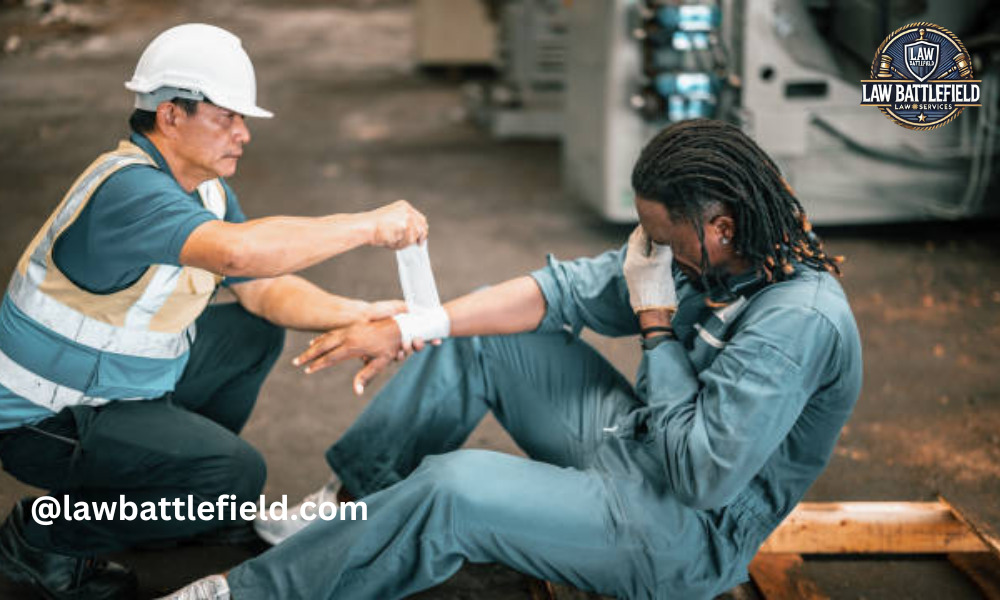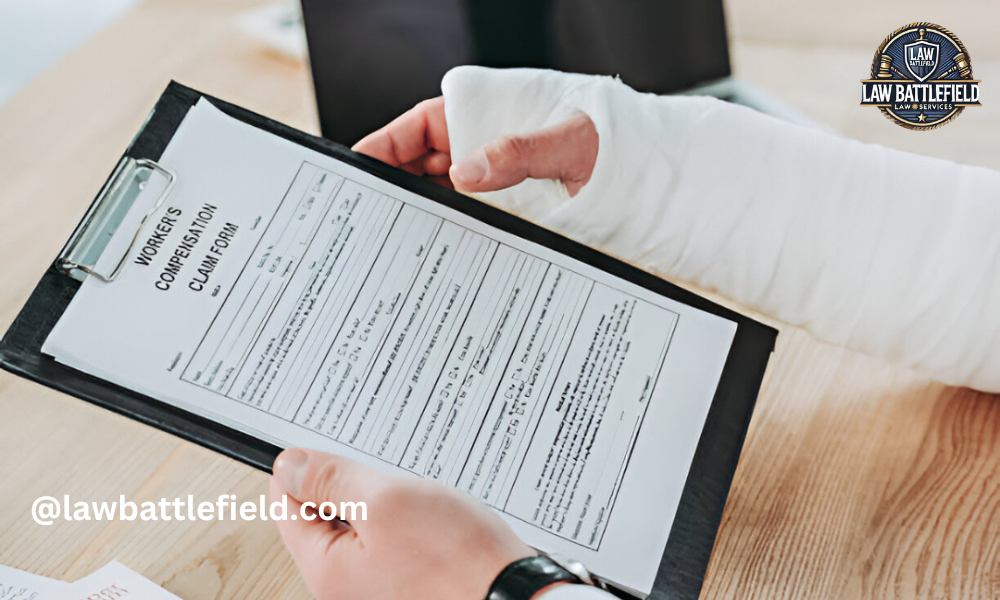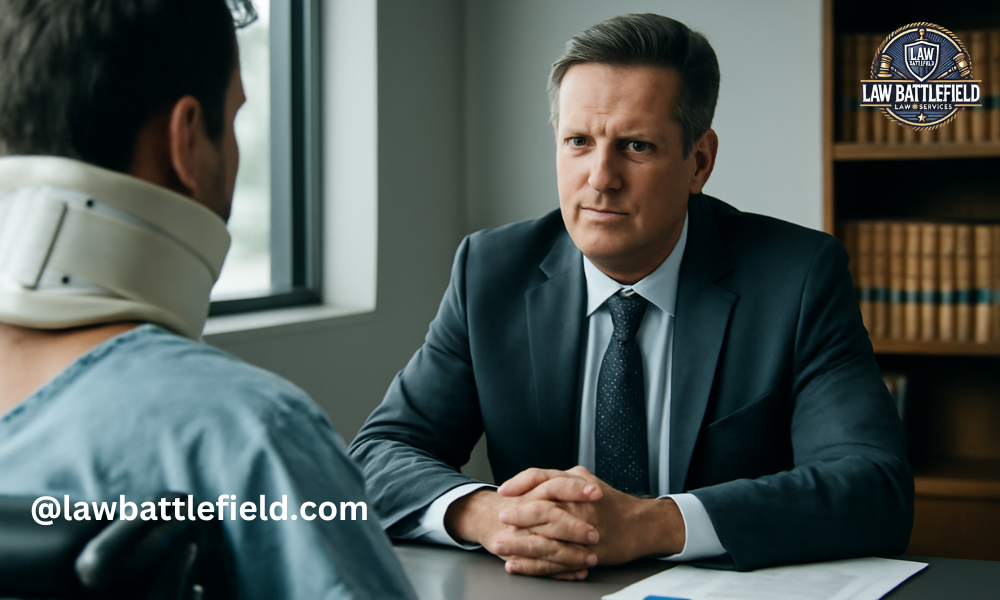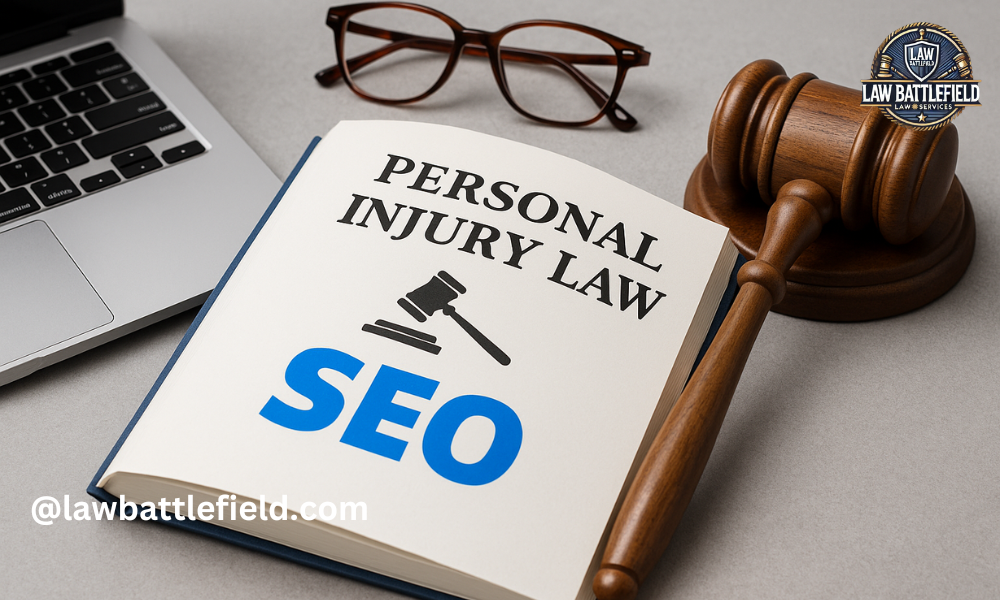Workplace accidents don’t just leave physical scars – they can trigger deep emotional and psychological wounds. If you’re feeling anxious after getting hurt on the job, you’re not alone. And thankfully, help exists on both the mental health and legal fronts, with Workers Compensation Lawyers, Long Beach, CA, offering vital support to guide you through the legal side of recovery.
The Silent Struggle: Anxiety After A Work Injury
It’s easy to focus on the broken bone or the injured back, but what about the racing thoughts, sleepless nights, or sudden panic attacks? Mental health challenges often follow in the wake of workplace accidents, but they’re rarely talked about.
Anxiety is a common response to trauma. Whether it’s fear of returning to work, financial stress from being off the clock, or just the emotional fallout of the incident, many workers find themselves battling more than just physical recovery.
Understanding The Emotional Toll Of A Workplace Injury
Behind every physical injury is a ripple effect of stress and uncertainty. Anxiety might manifest as:
- Fear of being re-injured
- Social withdrawal or isolation
- Constant worry about job security or finances
- Trouble sleeping or eating
- Feelings of helplessness or depression
In fact, according to the Anxiety & Depression Association of America, anxiety disorders affect 1 in 5 adults in the U.S. every year. And for those recovering from a traumatic incident – like a fall from a ladder, machinery malfunction, or violent workplace altercation, the risk is even higher.
Fun fact: The term “fight or flight” was first coined in 1915 by physiologist Walter Cannon to describe the body’s natural stress response, something that many workers feel every single day after returning from a workplace injury.
Yes, Mental Health Can Be Part Of A Workers’ Compensation Claim
Here’s what most people don’t know: emotional and psychological injuries can be included in a workers’ compensation claim.
If your anxiety is a direct result of your on-the-job injury – or the incident itself caused trauma, you may be eligible to receive compensation for mental health treatment. This could include therapy, psychiatric medication, and time off work to focus on recovery.
But here’s the tricky part: proving emotional distress isn’t as straightforward as pointing to a cast or a scar. That’s where the right legal support makes a big difference.
How A Workers’ Compensation Lawyer Can Help You Win The Full Picture
Navigating the legal system while you’re dealing with mental health struggles? That’s a tall order. Workers’ compensation lawyers don’t just handle paperwork, they fight for your rights when you’re most vulnerable. You can even check their office locations directly on the map to find help near you:
A good lawyer will:
- Connect you with medical professionals who can evaluate your mental state
- Help you build a strong case showing that your anxiety is tied to the workplace injury
- Push back against insurers who may downplay emotional trauma
- Ensure you receive compensation not just for physical injuries but for counseling, treatment, and time off
One interesting tidbit: Many states now recognize PTSD as a legitimate workers’ compensation claim – especially for first responders, but increasingly for other professions as well. That’s a promising shift in how mental health is viewed in the workplace.
When Should You Reach Out For Help
The short answer: As soon as you feel overwhelmed.
If your anxiety is affecting your daily life or you’re unsure whether your mental health symptoms are “serious enough,” that’s exactly the time to seek help, both medical and legal.
Talking to a therapist is a powerful first step. And getting in touch with a workers’ compensation lawyer early in the process can help you gather the documentation needed to strengthen your case down the line.
You Deserve Full Recovery – Body And Mind
It’s not “just in your head.” Anxiety after a workplace accident is real, and you’re entitled to support. Don’t suffer in silence thinking it’s something you just have to tough out.
With compassionate care and the right legal guidance, you can heal emotionally and protect your rights. Workers’ compensation isn’t just about casts and crutches anymore, it’s about getting you back on your feet, inside and out.
So if the weight of worry has been following you home from the job site, remember: you’re not alone, and you do have options.
Was this article helpful? Check out more on Lawbattlefield.com





